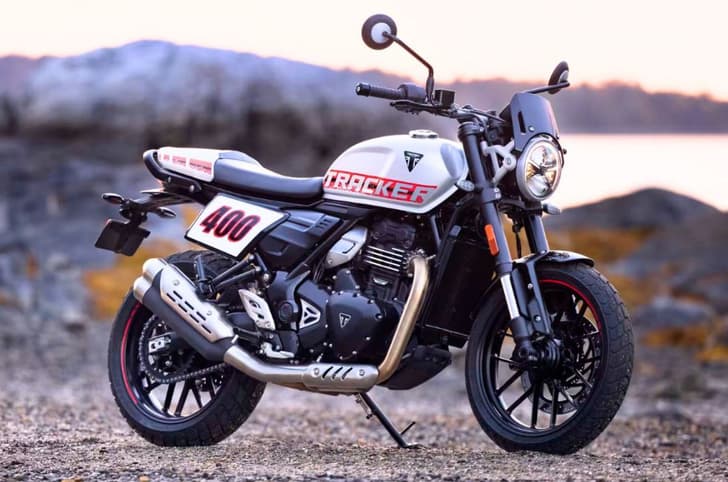Yamaha Motor Company has acknowledged that the COVID-19 lockdown imposed in Shanghai, China has “impacted the electronic components used in its electrically power-assisted bicycles and motorcycles”.
The company is now “starting to see ways” to resolve the issue and expects the effects to be minimised from the second quarter onwards. These comments were made by its leadership team in Japan as part of an analyst briefing following the first quarter (Jan-March) results for calendar year 2022.
“For semiconductor components, there is no change to our plan to recover from the second quarter onwards, but the shipping and delivery situation varies for each component, and in working through allocation, we have not yet seen any major improvements,” they continued.
As the company shifts to products that are easy to manufacture, it is also moving to modify “our products to use semiconductors meant for general consumers”. There is no mention of India in this response, but given that the focus in this market is largely on premium two-wheelers, the Shanghai lockdown will pose its own set of challenges as is the case with other manufacturers and suppliers in the subcontinent.
“We would be just about on schedule with motorcycles if there were no shortage of semiconductors and other parts. We saw the insufficient supply of semiconductors affect the model mix,” said the leadership team at the Q&A session.
All in all, sales grew, but profits fell in the first quarter compared to last year, albeit largely in line with forecasts. Demand in each business continues to be strong, but negative factors include soaring raw material costs, reduced production due to semiconductor shortages, spiking logistics costs due to shortages of ships and shipping containers, and product warranty-related expenses.
Positive factors, as per Yamaha, include strong sales in Indonesia, Latin America and China for the motorcycle business, and positive foreign exchange effects. From the second quarter onward, the company expects fluctuating unit volumes, spiralling material costs, an increase in ocean freight rates, and – while minor – the direct sales impact from the Russia-Ukraine conflict to “negatively impact figures in relation to our forecast”.
As for the backlog on logistics, Yamaha has stated it will absorb the effects of cost increases by “diligently incorporating their impacts” on the business and pass on those costs through price increases on an ongoing basis. As this situation is likely to be a prolonged one, it will implement measures to minimise the impact and “avoid overlooking points of improvement” as much as possible.
“We are considering alternatives for each region, including possibly utilising non-logistics operators, as we take on the challenge of shipping products at the right time while keeping expenses at a reasonable level,” YMC has stated. Once again, this is likely to be true for India too, which is an important market and second in line only to Indonesia.
The company is hopeful that from the second quarter, its countermeasures will start to take effect leading to a rise in profitability. In the motorcycle business, the challenge is to introduce substitute semiconductors to high-value-added models and get production started.
































